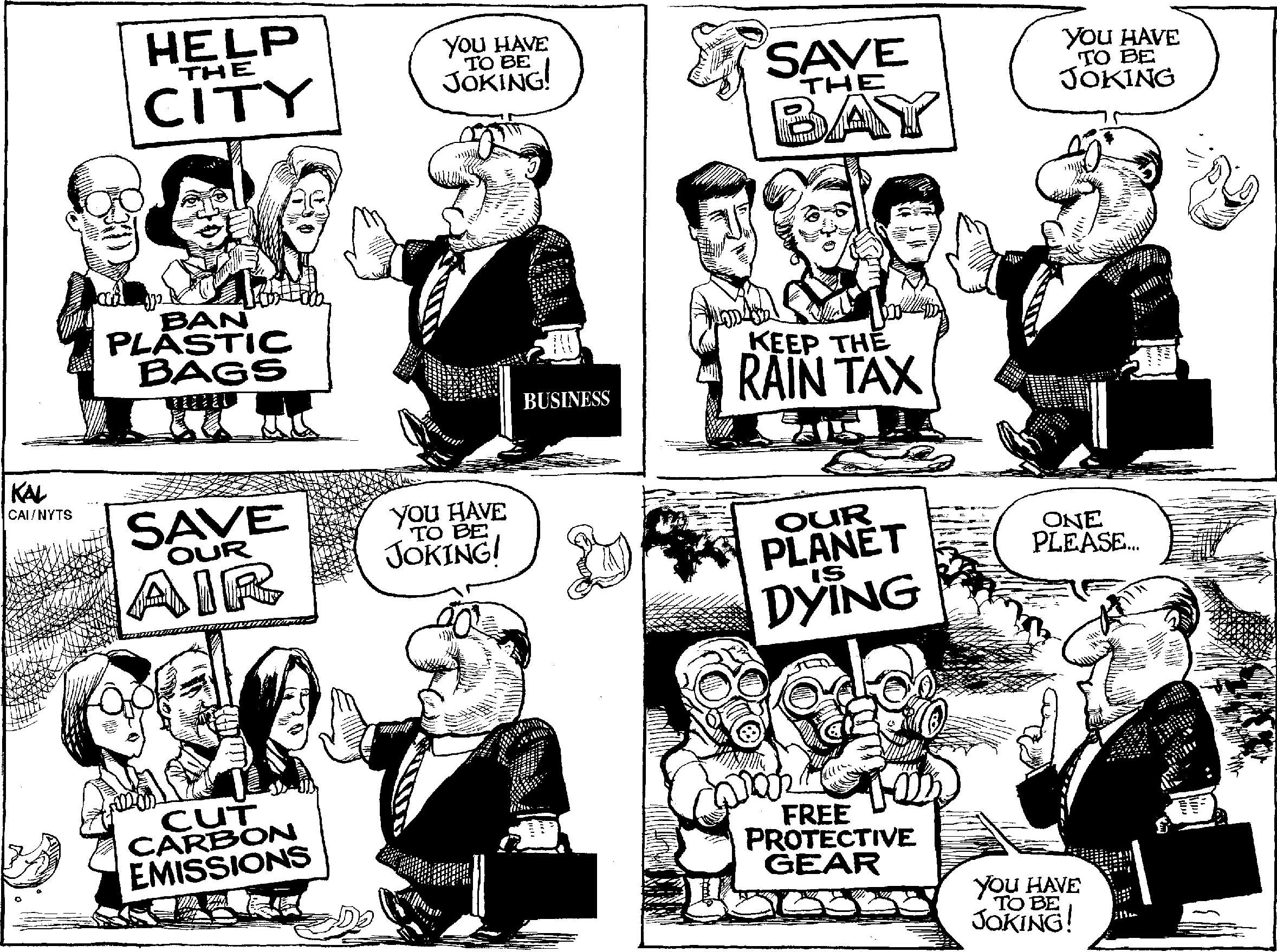Air pollution takes years off people's lives. It causes substantial pain and suffering among adults and children alike. And it damages food production at a time when we need to feed more people than ever. This is not just an economic issue; it is a moral one.
Air pollution can be produced both outdoors and indoors. For the poorest families, indoor smog from coal- or dung-fired cooking stoves is typically the more serious problem. As economies develop and start to electrify, motorize and urbanize, outdoor air pollution becomes the bigger issue.
Cleaner technologies are available, with the potential to improve air quality. But policymakers tend to focus myopically on the costs of action, rather than the costs of inaction. With economic growth and rising energy demand set to fuel a steady rise in emissions of air pollutants and rapidly rising concentrations of particulate matter (PM) and ozone in the coming decades, this approach is untenable.



















With your current subscription plan you can comment on stories. However, before writing your first comment, please create a display name in the Profile section of your subscriber account page.